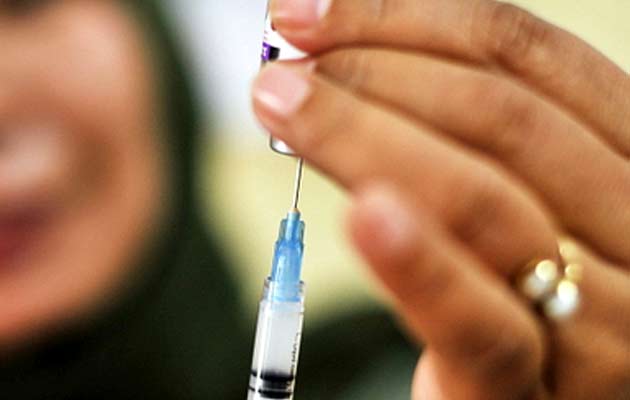
The world’s first dengue vaccine won clearance in Mexico last week. The injection has been approved for patients aged 9-45 years and can thwart all four subtypes of the dengue virus. The vaccine, therefore, cannot be taken by young children. Branded Dengvaxia, the drug has been developed by the France-based company Sanofi Pasteur and is the result of a 20 year long clinical development program.
What is the efficacy of the vaccine?
According to a World Health Organization (WHO) report published in late 2014, the vaccine had an average rate of effectiveness of about 60.8 % in protecting against the four strains of dengue. Dengvaxia appears to be particularly effective in protecting people from the most extreme, potentially life-threatening form of the disease, known as dengue hemorrhagic fever. This fever can cause internal bleeding, shock, organ failure and potentially death. Sanofi said in its statement that the drug prevented 9 out of 10 cases of severe dengue and 8 out 10 hospitalizations due to dengue.
Dengue FAQs : 11 Things you must know
Any significant limitations?
The vaccine has an efficacy of 60%, which is low in comparison to other common vaccines administered for various illnesses (general vaccine efficacy around 80-90%). The protection period and cost of the vaccine, are other important factors that need to be looked at before recommending it for public use.
Preventing Dengue : 5 Natural Mosquito Repellants
When will it reach India?
While India is one of the countries hardest hit by dengue fever, we could still have a long wait before we get easy access to this new vaccine. The vaccine, being manufactured in France, is ready to be shipped to India, but will be offered in India only after Sanofi receives regulatory approval from the Indian authorities. Indian regulators will likely be looking closely at how well Sanofi’s dengue vaccine works in Mexico and wait for formal guidance from the World Health Organization, expected next year.